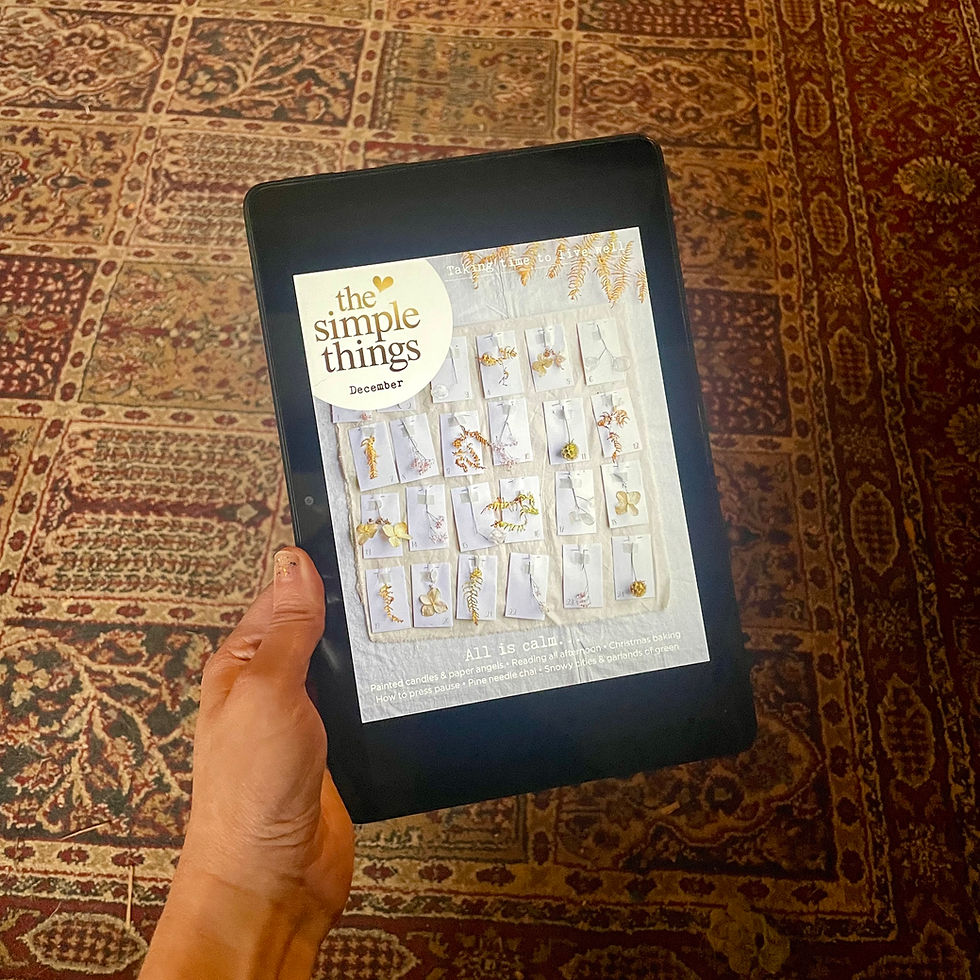The Magic of Beautiful Sea Turtles and How You Can Help!
- hello@makingroots.co.uk

- Mar 28, 2017
- 3 min read
Updated: Apr 5, 2020
Turtle Conservation holds a special place in my heart because Turtles are pretty incredible. When newly hatched, the new born Turtles make a sprint for the ocean, where they will swim continuously for about week (although no is is really sure of this yet..!) But whilst avoiding an array of predators, of which only 1 in 1000 hatchlings will successfully avoid until adulthood, they are also doing something very special, that I am very jealous of. Research suggests that hatchlings have heavy metal in their brains, that aligns with the magnetic fields of where they are born. When they reach sexual maturity, the Mothers can find their way back to the same beach, even though they will have traversed thousands of kilometres in search for food.
But Turtles are under worldwide threat. Sea Turtles have evolved over time to have a survival strategy that is opposite to ours. They produce as many eggs in a breeding season as possible, with a Green Sea Turtle nest having between 50-200 eggs, depending on the age and experience of the Turtle. They then can produce up to 10 nests per season. This is necessary as unlike us, Mother Turtles will have no further involvement in her babies lives. They will grow in the sand, hatch with their siblings and run to the ocean, where for their whole lives they will have to look after themselves.
As I said, naturally, very few of these little Turtles survive until adulthood. Predators vary around the world but key predators are typically sharks, birds, lizards, ants and even bacteria and fungus. Unfortunately, Turtles face a much more modern and dangerous predator, humans. With increased human predation only 1 in 5000 survive. Caught and drowned in nets, adult turtles can be eaten, eggs can be eaten, hatchlings trapped in beach rubbish, turtles hit by boats, new deadly diseases caused by chemical pollution in the ocean. That is really just the very start of the new found dangers that are causing a scene of devastation.
I worked extensively in Malaysia, where the conservation of Sea Turtles is difficult socially, but very interesting and extremely important (I have written an article about the politics of the conservation *here*).
What can you do for Turtles and other species under threat?
1 Stop using plastic. I promise you it is so so easy to take a reusable bag to the supermarket- and its so much easier carrying groceries home in a proper bag!! Not using single use straws, coffee cups, bags could save the life of a 75 year old Sea Turtle, that has lived through Wars but got strangled or ate your plastic bag thinking it was a jellyfish.
2 Be mindful when on holiday. Many countries that Turtles nest and feed, or in fact all countries with beautiful wildlife, will exploit nature tourism. Support organisations doing it right, as they will help sustain species longevity and support the economy indefinitely. Poor practice and cowboy tourism benefits no-one. Many species are sensitive to disturbance, and being picked up, touched, having selfies taken with, will both damage their natural behaviours (including feeding) but could also scare these creatures- damaging the tourism itself. Look up reviews, don’t use guides that abuse the environment! Touching Turtles, or any other wild animal is not enjoyable- and you’re supporting bad practice.
3 Help organisations on the ground. There is a huge variety of conservation organisation that desperately need your help, to save Turtle species around the world. One organisation that is absolutely fabulous and that I have been heavily involved with for 3 years, is Lang Tengah Turtle Watch. You can volunteer for their Island project, in which you live in a stunning rustic jungle camp, patrol at night and get to help this species conservation, quite literally hands on. Being a volunteer and part of the team at LTTW is a once in a lifetime opportunity, and a rare chance to work so closely withing conservation without a degree. Volunteering is the single best thing to do when you graduate, click here to read my article on the magic of volunteering or here to read about Lang Tengah Turtle Watch.







Comments